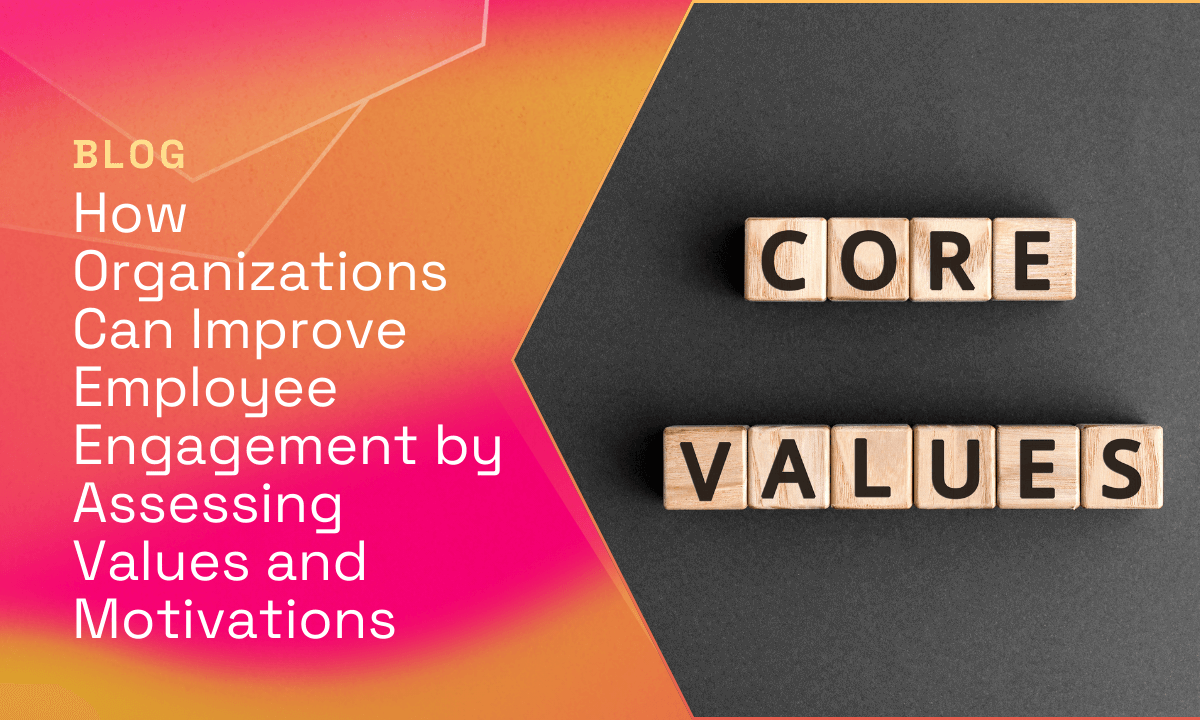Top 10 Benefits of Skills-Based Hiring for Modern Organizations
Traditional hiring practices often rely heavily on resumes, degrees, and previous job titles, which can sometimes overlook a candidate's true potential. In contrast, skills-based hiring focuses on the specific abilities and competencies that individuals bring to the table, offering a more precise and effective way to fill positions. This method is gaining traction among modern organizations for its numerous advantages. In this blog, we will explore the top 10 benefits of skills-based hiring and how it can transform your hiring process and overall organizational performance.
Benefit 1: Improved Job Performance
Skills-based hiring ensures that candidates possess the exact abilities needed for the job, leading to better job performance. When employees have the right skills, they can hit the ground running, contribute more effectively, and maintain higher productivity levels. For example, companies that implement skills-based assessments often report a noticeable increase in both the quality and efficiency of the work produced by their new hires.
Benefit 2: Better Retention Rates
When employees are matched to roles that align with their skills and interests, they are more likely to experience job satisfaction and remain with the company longer. This alignment fosters a positive work environment and reduces turnover rates. Studies have shown that organizations practicing skills-based hiring enjoy significantly lower turnover, saving on recruitment and training costs associated with replacing employees.
Benefit 3: Enhanced Employee Morale
Employees who are placed in positions that suit their skill sets tend to have higher morale and job satisfaction. This positive outlook translates to a more engaged and motivated workforce. Happy employees are not only more productive but also contribute to a positive workplace culture, which can have a ripple effect throughout the organization.
Benefit 4: Enhanced Diversity and Inclusion
Skills-based hiring reduces biases associated with traditional hiring criteria such as educational background and previous job titles. By focusing on skills, organizations can tap into a more diverse talent pool, promoting inclusion. A diverse workforce brings a variety of perspectives and ideas, fostering innovation and improving problem-solving capabilities within the team.
Benefit 5: Faster Hiring Process
Skills assessments streamline the hiring process by quickly identifying the most qualified candidates. Traditional hiring methods can be time-consuming, often involving lengthy resume reviews and multiple interview rounds. Skills-based hiring, on the other hand, allows for a more efficient evaluation of candidates, reducing the time-to-hire and enabling organizations to fill positions more rapidly.
Benefit 6: Increased Employee Engagement
When employees are well-suited to their roles, they are more likely to be engaged and invested in their work. Engagement is closely linked to productivity and overall job satisfaction. Skills-based hiring helps ensure that employees find their work meaningful and aligned with their abilities, leading to higher levels of engagement and better overall performance.

Benefit 7: Better Team Dynamics
Hiring based on skills helps create balanced teams where each member's strengths complement others. This strategic approach to team-building leads to improved collaboration, communication, and overall team performance. Organizations that focus on skills-based hiring often see enhanced teamwork and a more harmonious work environment.
Benefit 8: Future-Proofing the Workforce
The job market is constantly evolving, and the skills required today may not be the same tomorrow. Skills-based hiring encourages a culture of continuous learning and upskilling, helping organizations stay adaptable to industry changes. By prioritizing skills, companies can build a resilient workforce capable of meeting future challenges.
Benefit 9: Improved Candidate Experience
Candidates appreciate a hiring process that fairly assesses their abilities and potential rather than solely their past experiences or qualifications. Skills-based hiring provides a transparent and objective evaluation, leading to a positive candidate experience. This approach enhances the organization's reputation and makes it more attractive to top talent.
Benefit 10: Data-Driven Decision Making
Skills assessments provide valuable data that can inform hiring decisions. This objective data helps reduce biases and ensures that hiring choices are based on concrete evidence of a candidate's abilities. Organizations that leverage data-driven hiring practices are better equipped to select the best candidates for the job, leading to improved outcomes and reduced risk of bad hires.
Conclusion
Skills-based hiring offers numerous benefits that can significantly enhance an organization's hiring process and overall performance. By focusing on the specific abilities and competencies of candidates, companies can improve job performance, increase retention rates, enhance diversity, and much more. As the job market continues to evolve, adopting a skills-based approach to hiring is a strategic move that can future-proof your workforce and drive long-term success.
Deeper Signals enables skills-based hiring, ensuring you have the right talent in the right place. Our Core Drivers assessment identifies skill gaps and supports personalized development plans, enhancing employee performance and engagement. With our quick, data-driven assessments, you can streamline your hiring process, reduce bias, and build a diverse and high-performing team.
Ready to transform your hiring strategy?
Explore our platform that will help you identify and develop top talent more efficiently.
Book a demo with Deeper Signals today: https://lnkd.in/d_Hee8CR





























